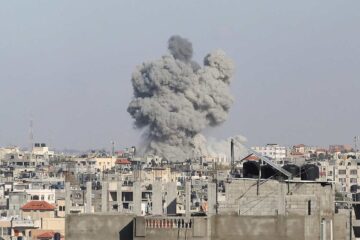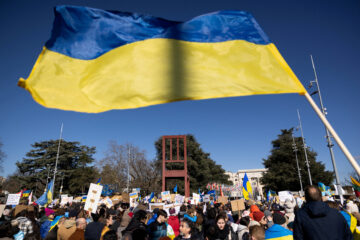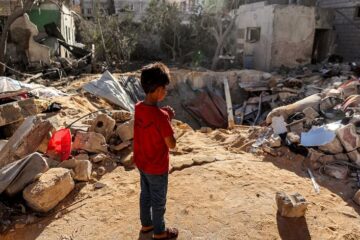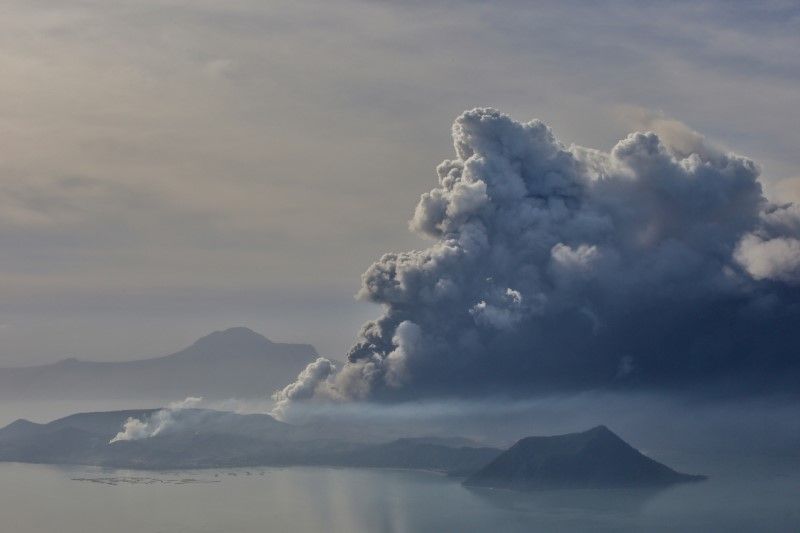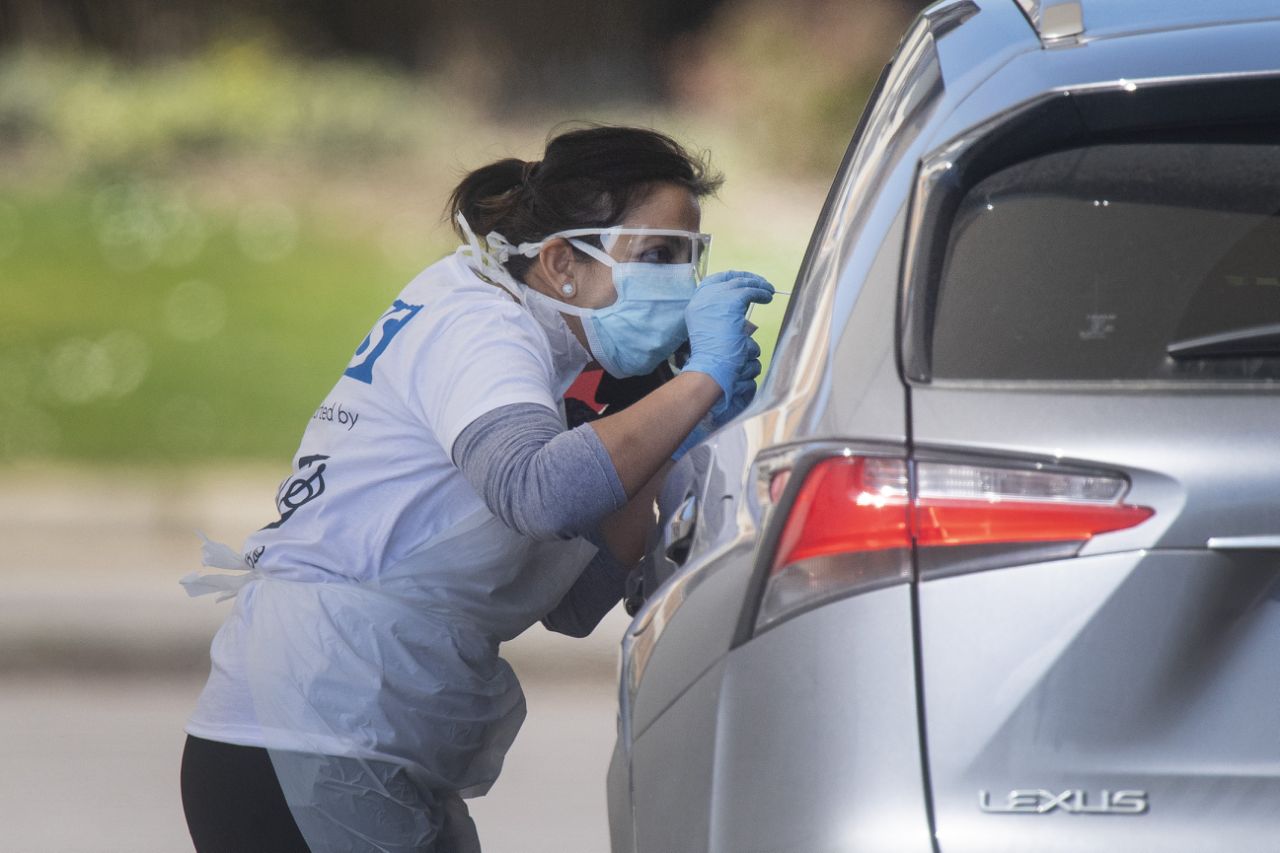Syrian opposition agree joint group for peace talks
Opponents of Syria\’s President Bashar al-Assad agreed on Thursday to bring together political and armed factions in a single body in preparation for possible peace talks with his government, an opposition member said.
The opposition meeting in Riyadh comes amid escalating conflict in Syria and accelerated diplomacy to find a political solution to a war which has drawn in regional military powers and driven millions of refugees to seek safety abroad.
Delegates from Islamist insurgent groups, exiled political opposition figures and Damascus-based activists are aiming to bridge differences which have plagued previous attempts to unite Assad\’s opponents around a common strategy.
The conference agreed on Wednesday that Assad and his lieutenants should play no part in a transition to democracy.
Monzer Akbik, a member of the National Coalition opposition group, said the Riyadh conference had agreed to set up a 25-strong leadership group, including six coalition members, six from rebel factions, five from a Damascus-based group and eight independent figures.
"These are representatives of all the opposition factions, political and military, and they are going to be the decision makers in terms of the political settlement," said Akbik.
He was speaking from the United Arab Emirates after being briefed on Thursday morning\’s talks. A separate negotiating team of 15 members would also be appointed, he told Reuters.
There was no immediate indication of agreement on the figures who would be chosen to fill those positions, and one delegate highlighted the potential difficulties that remained. "Only God knows" if delegates could agree on names, he said.
Akbik said that bringing the armed rebels together with the political opposition in a single group was a necessary step for negotiations with the government.
"During the negotiation process you might need to reach a ceasefire agreement, and this requires that the armed factions be part of the negotiating process," he said.
U.S. Secretary of State John Kerry, speaking in Paris, said the Riyadh talks appeared to be "very constructive" and making progress. "I think everybody is moving in the direction that they want to rapidly get to a political process," he said.
"So we made progress but we have some tough issues to get over," he said. A possible Dec. 18 meeting to advance the Syrian peace talks in New York is "not locked in yet" and sides are awaiting the outcome of the Saudi conference, he added.
At the Riyadh talks a declaration of principles was still being drafted, a rebel commander said.
Another commander added that there was agreement on keeping Syria united, on the departure of foreign forces and militias and that there should be no sectarian quotas in Syria\’s government, which a political opposition leader also confirmed.
The role that Islam should play in a future Syria, and what status the country\’s religious and ethnic minorities will have, has been a point of contention between the country\’s rebel groups which include hardline Islamists.
Saudi Arabia\’s Foreign Minister Adel al-Jubeir said he hoped the opposition would come together in Riyadh to a sufficient degree to "move the world to impose the necessary pressure to reach a peaceful settlement" in Syria.
"Bashar al-Assad has two choices. Either he leaves through negotiations and this is the fastest, easiest and best for everybody, or he will leave through fighting because the Syrian people reject that this man stays in power," he said.
International efforts to resolve the conflict which has killed 250,000 people and displaced 12 million have been lent added urgency by a wave of deadly attacks across the world claimed by the Iraq- and Syria-based Islamic State and by an escalating refugee flow which has caused a crisis in Europe.
Major powers agreed in Vienna last month to revive diplomatic efforts to end the war, calling for peace talks to start by January and elections within two years.
The conference agreed on Wednesday, the first day of the meeting, that Assad and his lieutenants should play no part in the transition to democracy, several delegates said.
That marked a tougher stance than several Western countries which back Assad\’s opponents. The United States, France and Britain all called for Assad to step down shortly after protests broke out against his rule in March 2011.
Although they all say Assad ultimately must go, they have been less specific about the timing of any departures, indicating that they could accept he stay in an interim period.
Assad\’s fate was one of several questions left unresolved at the Vienna meeting last month which was attended by Russia, the United States, European and Middle Eastern countries including Saudi Arabia and Iran, which back opposing sides in Syria.
Saudi Arabia is a main backer of the rebels along with Turkey and Western countries. Iran and Russia support Assad. Iran has openly criticised the decision by Saudi Arabia to hold the talks, saying they were designed to harm the Vienna process.
Russia launched air strikes in Syria 10 weeks ago, helping the Syrian army – backed by Iranian troops, Hezbollah fighters and allied militia – to contain rebel advances.
Russia says it is bombing Islamic State militants, who control large areas of eastern Syria and western Iraq, but Western and Arab states which have been carrying out air strikes against Islamic State for more than a year say the Russia jets have mainly hit other rebel forces in the west of Syria.
Moscow\’s intervention has not swung the war decisively Assad\’s way and several Western-backed rebel groups, some of whom were represented in Riyadh, have been emboldened by the increased flow of foreign-supplied anti-tank missiles which have helped stem parts of the army\’s counter-offensive.
SOURCE: REUTERS
[do_widget_area inner_adsbar]

